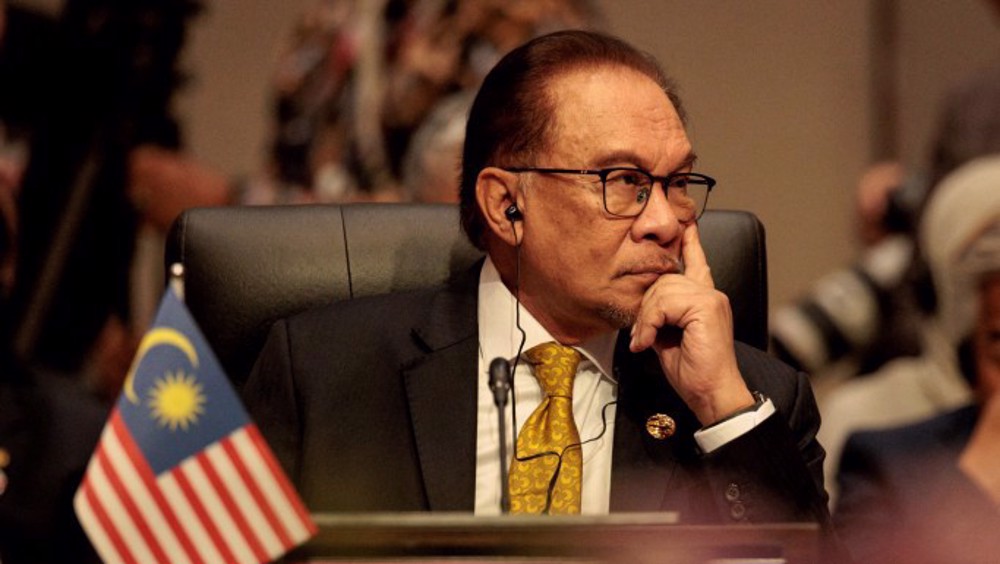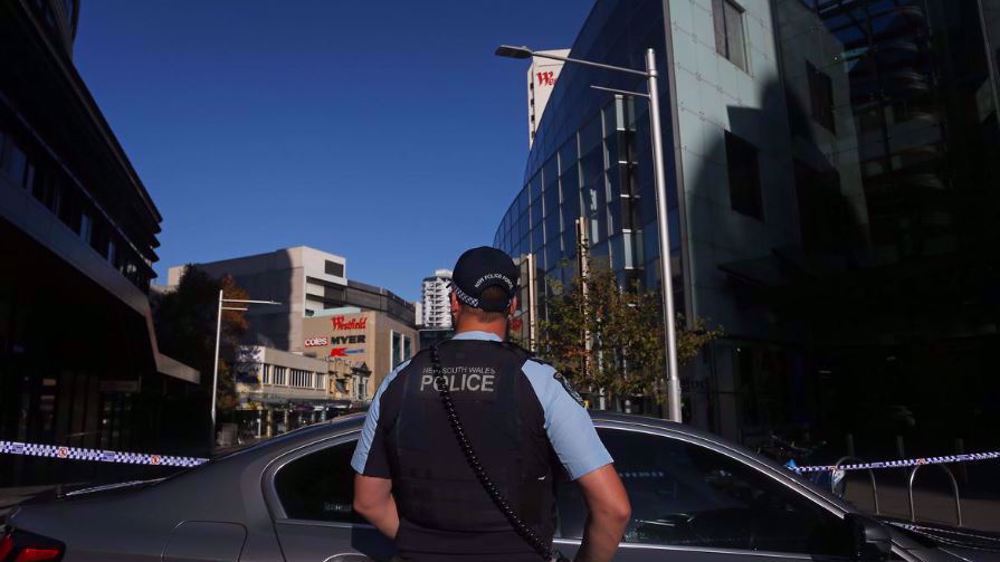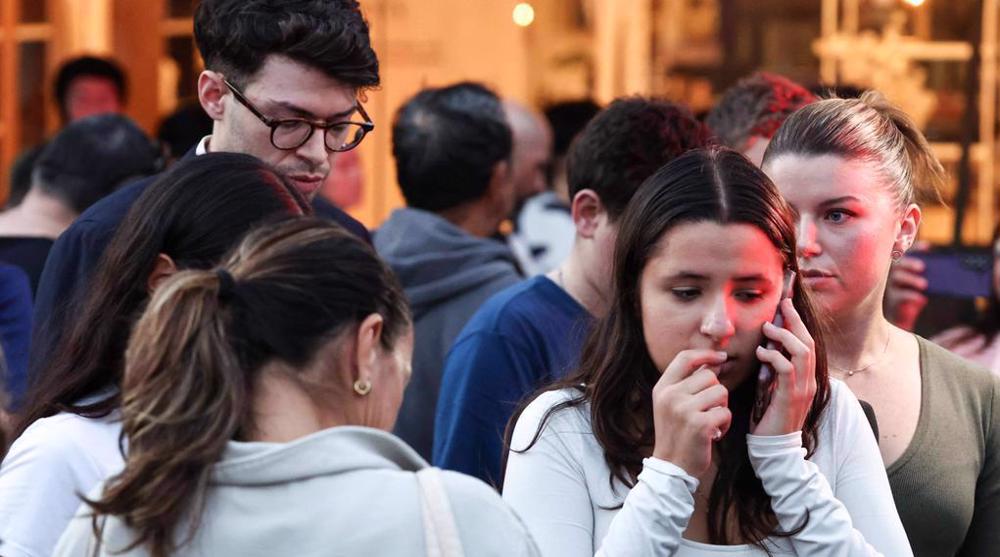UN accuses army, Buddhists of committing war crimes in western Myanmar
United Nations (UN) Special Rapporteur to Myanmar says its security forces and rebels are committing human rights violations against civilians in the country’s west that may amount to new war crimes.
"We are witness to an ongoing tragedy in Rakhine state, where less than two years ago horrific atrocities were inflicted on the Rohingyas and the civilian population is once again being subjected to grievous human rights violations by security forces," Yanghee Lee told the UN Human Rights Council on Tuesday.
Rakhine was the scene of an organized deadly crackdown on Muslims by the country’s military and Buddhist mobs. Thousands were killed and some 800,000 Rohingya Muslims fled to neighboring Bangladesh, where they currently live in camps in dire conditions.
Last year, a UN fact-finding mission said the campaign against the Rohingya was orchestrated with “genocidal intent,” and urged charging the army chief and five other generals with the “gravest crimes under international law.”
Myanmarese troops are currently engaged in fighting with ethnic rebels in the western states of Rakhine and Chin.
Clashes between government troops and the Arakan Army (AA), a Buddhist rebel group calling for greater autonomy for Rakhine, added a new dimension to the troubles in Rakhine.
"The conflict with the Arakan Army in northern Rakhine State and parts of southern Chin State has continued over the past few months and the impact on civilians is devastating. Many acts of the Tatmadaw (Myanmar’s army) and the Arakan Army violate international humanitarian law and may amount to war crimes, as well as violating human rights," Lee said.
The UN independent expert on human rights in Myanmar noted that the AA had reportedly kidnapped civilians, including 12 construction workers, in Paletwa and 52 villagers near the border with Bangladesh.
Lee cited reports of civilians, mostly ethnic Rakhine men, being arrested and interrogated by the military for suspected links to the rebel group and said several had died in prison.
She further said that a military helicopter attacked Rohingya men and boys gathering bamboo in April. Many Rohingyas reportedly lost their lives in the attack.
According to the UN expert, about 35,000 people have fled the violence this year.
The UN expert also criticized the Myanmar’s authorities decision to shut down internet access in the two restive states, saying that the blackout was jeopardizing villagers, hampering aid deliveries and shielding the military.
Myanmar Ambassador to the UN in Geneva, Kyaw Moe Tun, told the forum that the government was trying to “bring about national reconciliation”, adding that it has extended the ceasefire until the end of August.
"No restriction is imposed on the use of internet and social media, but we need to strike a balance between security and freedom and rights and responsibility," he said.
US vetoes Palestinian request for full UN membership
Iran sufficed to striking part of Israel’s military positions: FM to UN chief
IRGC: Israel’s Dimnoa nuclear reactor not among Op. True Promise’s targets
'Stop any further Israeli adventurism,' Iran FM tells Security Council
Google fires 28 employees for protesting military deal with Israel
Burkina Faso expels three French diplomats over ‘subversive activities’
Iran slams G7 statement, vows no iota of doubt to respond to aggression
German authorities arrest Jewish activist over pro-Palestinian demos













 This makes it easy to access the Press TV website
This makes it easy to access the Press TV website